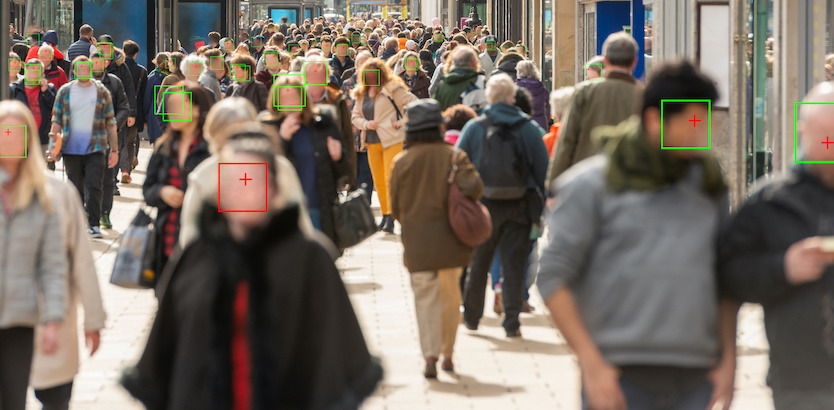Portland considers nation’s strongest facial-recognition ban

By Eric Tegethoff, Oregon News Service
PORTLAND, Ore. (KTVZ) -- Portland is poised to pass the strongest ban on facial-recognition technology in the country next month.
Nearly a year in the making, the Portland City Council is considering two ordinances.
The first would ban government use of facial recognition technology - already passed in cities like San Francisco and Boston. The second would ban its use by businesses in public places, making Portland the first city to do so.
Native Portlander and member of the digital-rights group Fight for the Future, Lia Holland, said there's evidence some Portland businesses are using this technology.
"Because facial recognition is currently totally unregulated in Portland, no one actually has to report whether they're using the technology to anyone, whatsoever," said Holland. "So, we don't actually know how many companies have been using this technology on people."
In the wake of George Floyd's death, Amazon, IBM and Microsoft announced they would suspend the sale of facial-recognition technology to police departments.
City officials have said the Portland Police Bureau doesn't use it, but some law enforcement agencies defend facial recognition as a useful tool for identifying people wanted by authorities.
The technology has come under scrutiny for racial bias. According to a National Institute of Standards and Technology report from December, facial recognition was up to 100 times more likely to misidentify people of color.
Holland said this is happening on the ground in Detroit.
"The Detroit Police Department uses facial recognition to try and identify people who have committed crimes and has, multiple times, arrested black men who look nothing like the people in the videos," said Holland, "based on what the computer says and the own, inherent racism of that police department."
Supporters say facial recognition technology will become more accurate with more "training."
Democrats in Congress are investigating whether it has been used by federal agencies to track protesters.
Holland noted the dangers extend beyond demonstrations. Fight for the Future has raised concerns about the security of the databases where this information is stored.
"It exposes our data to potential hackers, stalkers and other bad actors," said Holland. "Think about your credit card number. If that gets hacked, you can just change it. But you can't change your face or the face of your child."
The Portland City Council is scheduled to vote on these ordinances Sept. 9.